Menu
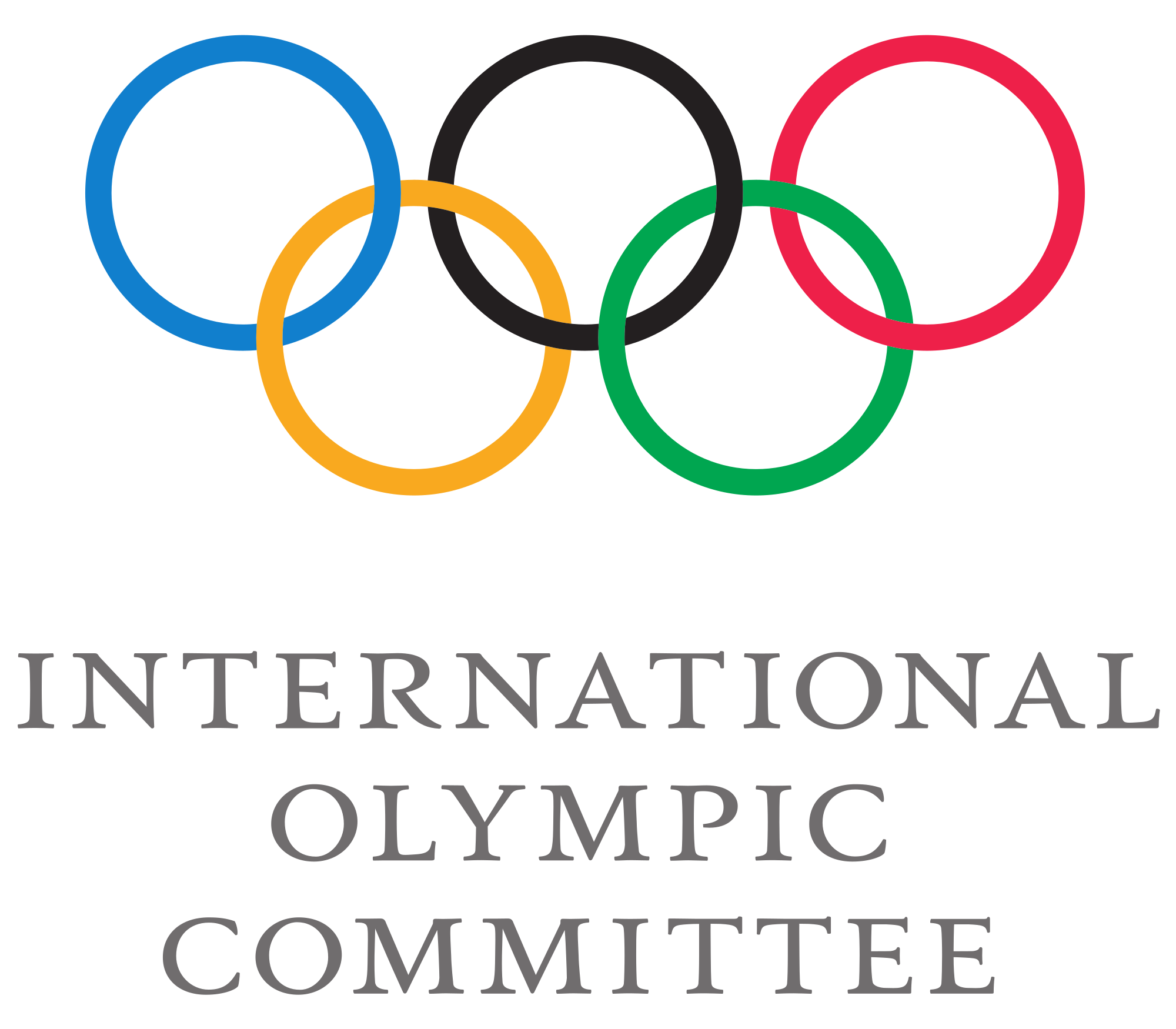
The International Olympic Committee (IOC) is a not-for-profit independent international organisation that is committed to building a better world through sport. Created on 23 June 1894, just under two years before the first Olympic Games of the modern era in April 1896, the IOC is the supreme authority of the Olympic Movement.
As the leader of the Olympic Movement, the IOC acts as a catalyst for collaboration between all parties of the Olympic family, from the National Olympic Committees, the International Federations, the athletes and the Organising Committees for the Olympic Games to the Worldwide Olympic Partners, broadcast partners and United Nations (UN) agencies, and shepherds success through a wide range of programmes and projects. On this basis, it ensures the regular celebration of the Olympic Games, supports all affiliated member organisations of the Olympic Movement and strongly encourages, by appropriate means, the promotion of the Olympic values.
The ITA has been managing the entire Olympic anti-doping program since 2018. Below you can find the current, future and past editions of Olympic events that the ITA is keeping real.

Olympic Winter Games
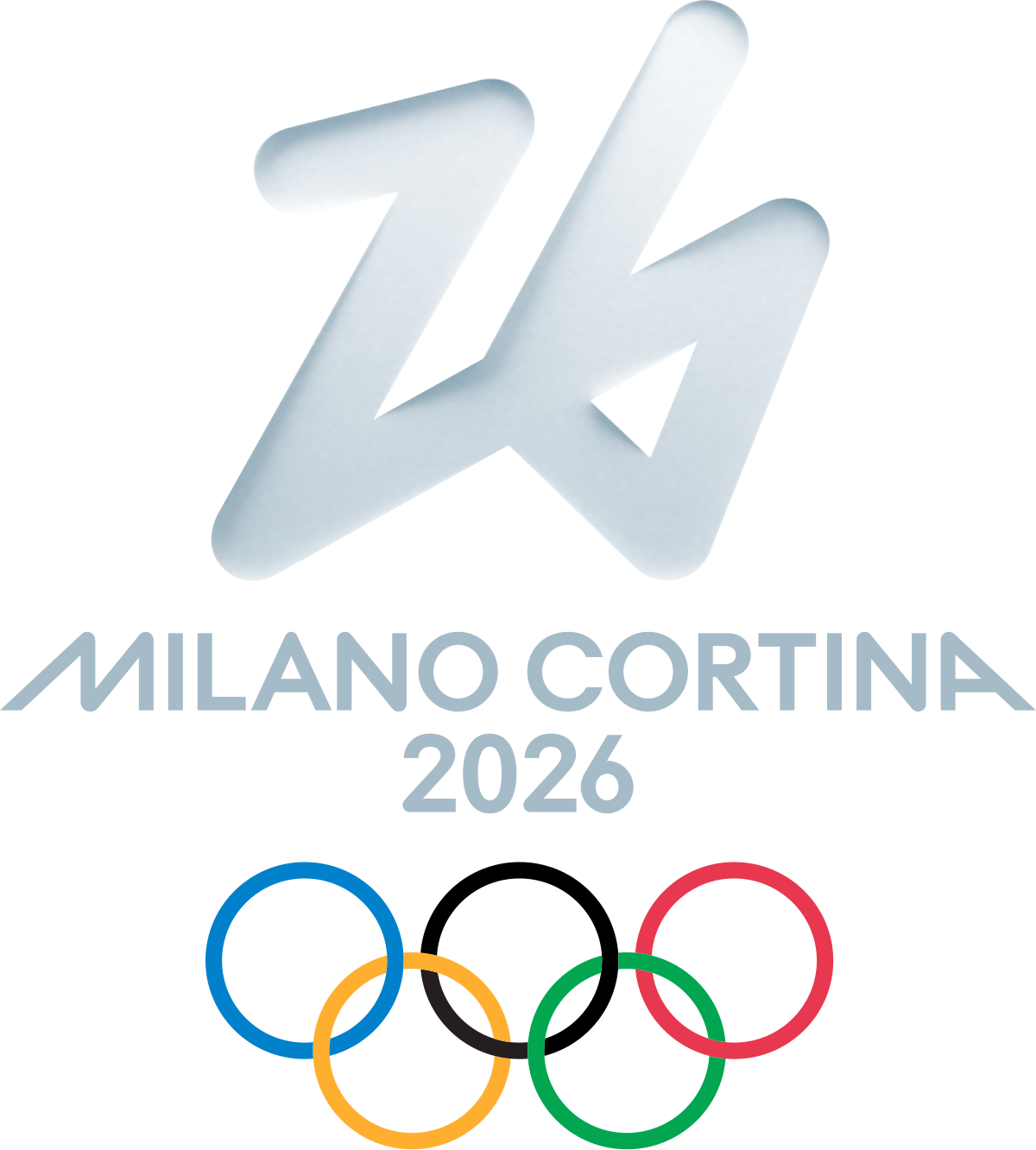
The Olympic Winter Games Milano Cortina 2026 will be held from 6 to 22 February 2026.
More than 3,500 athletes from 93 countries will be competing for 195 medals in 16 Olympic disciplines and six Paralympic sports.
Read More
Summer Youth Olympic Games
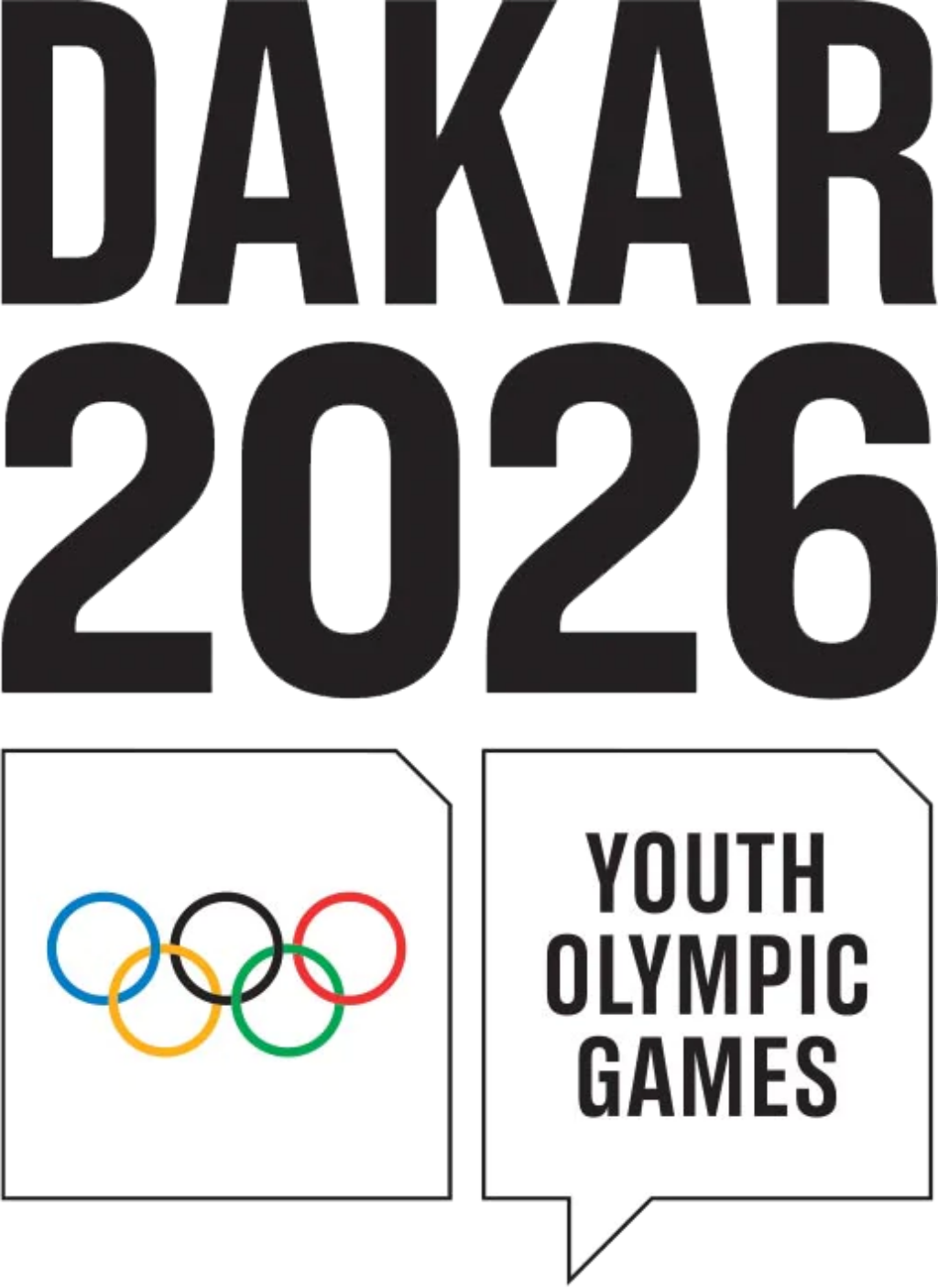
The 4th Summer Youth Olympic Games will take place in Dakar, Senegal, the first country on the African continent to be awarded the honour of hosting an Olympic sports event. The Youth Olympic Games Dakar 2026 represent a catalyst for a sporting, social, cultural, educational and economic transformation that will create new hope, opportunities and confidence for young people.
Dakar 2026 is born out of the desire to take the Youth Olympic Games to all parts of the world and to put the Games at the heart of Africa’s transformation. Senegal’s sporting culture and practice is rooted in history and in the population, especially young people. It aims to be synonymous with symbiosis, exchange, joy and pride, but also humility for young people worldwide, in Africa and Senegal. Sport is meant to be a celebration, a way of living together, a factor for peace, rapprochement and social cohesion.
Read More
Olympic Games
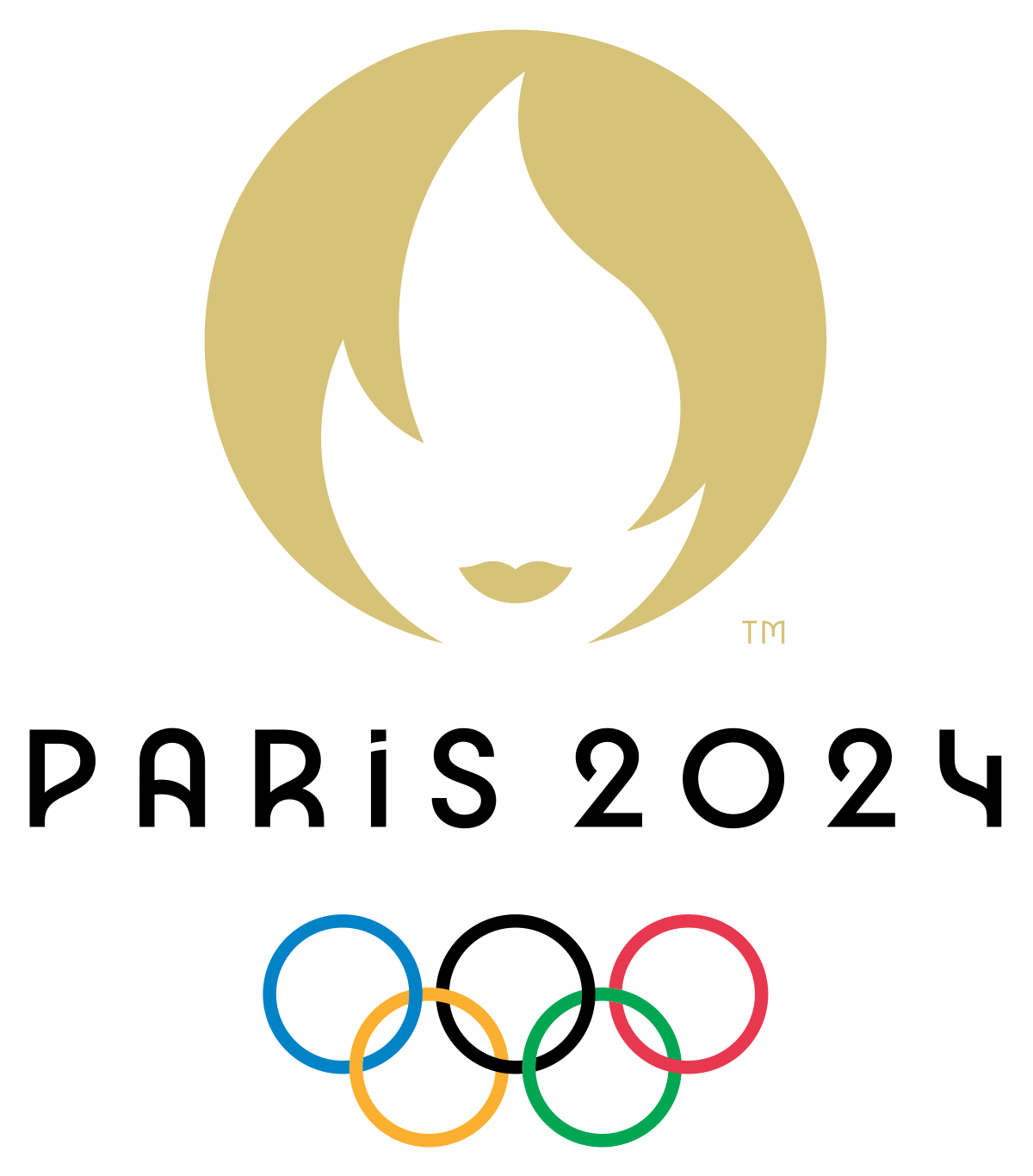
According to its Organising Committee, Paris 2024 saw a new vision of Olympism in action, delivered in a unique spirit of international celebration.
One of the world’s most inspirational cities became a memorable stage for the athletes – and a truly global platform to promote them, and their incredible stories.
The plan for Paris 2024 featured 95 per cent existing or temporary venues, and every single one has a clear, defined legacy aligned with the city’s long-term development plans. The sporting celebration flowed along the Seine, from the new Olympic Village, just 15 minutes from Paris city centre, to such city centre landmarks as the Eiffel Tower and the Grand Palais. The event took place in July/August 2024.
The ITA managed the entire Paris 2024 anti-doping program, including the pre-Games activities.
Read More
Winter Youth Olympic Games
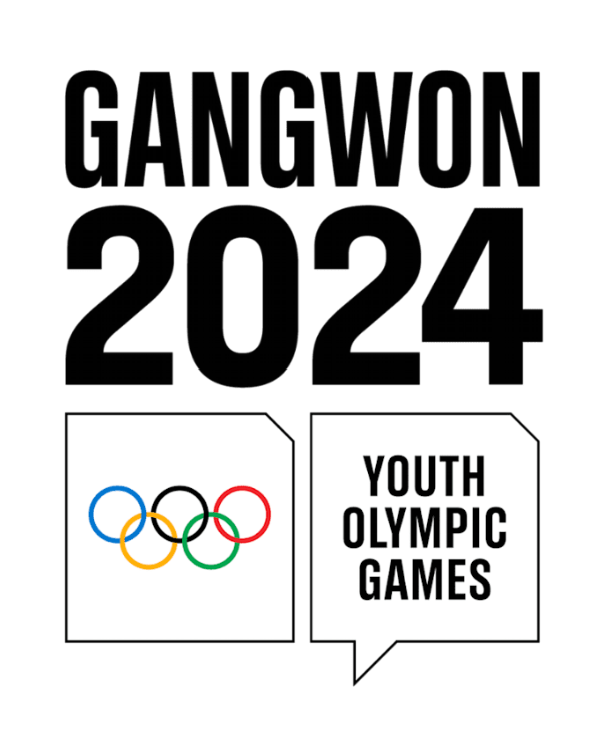
According to its organising committee, the Youth Olympic Winter Games Gangwon 2024 inspired the young people of the Republic of Korea.
The “Spirit of Gangwon 2024” program took an innovative approach to expressing support for the Youth Olympic Games Gangwon 2024 and the Olympic values by allowing the Youth Olympic Games organisers to award a label to organisations, events and programs that involved local young people around three central themes:
– Sports development and the promotion of physical activity
– Sport and education
– Sport and culture
The Gangwon 2024 slogan “Grow Together, Shine Forever” expresses the vital ideas that the Games seek to promote: future, growth and harmony – and to display messages of hope for the future of young people. The vision of the Games was to celebrate peaceful coexistence through sport to promote a better future together.
Gangwon 2024 included 15 winter disciplines with 81 events that took place between 19 January and 1 February 2024. 1,900 athletes aged from 15 to 18 years old from over 70 counties were bound to participate in the event.
Read More
Olympic Winter Games
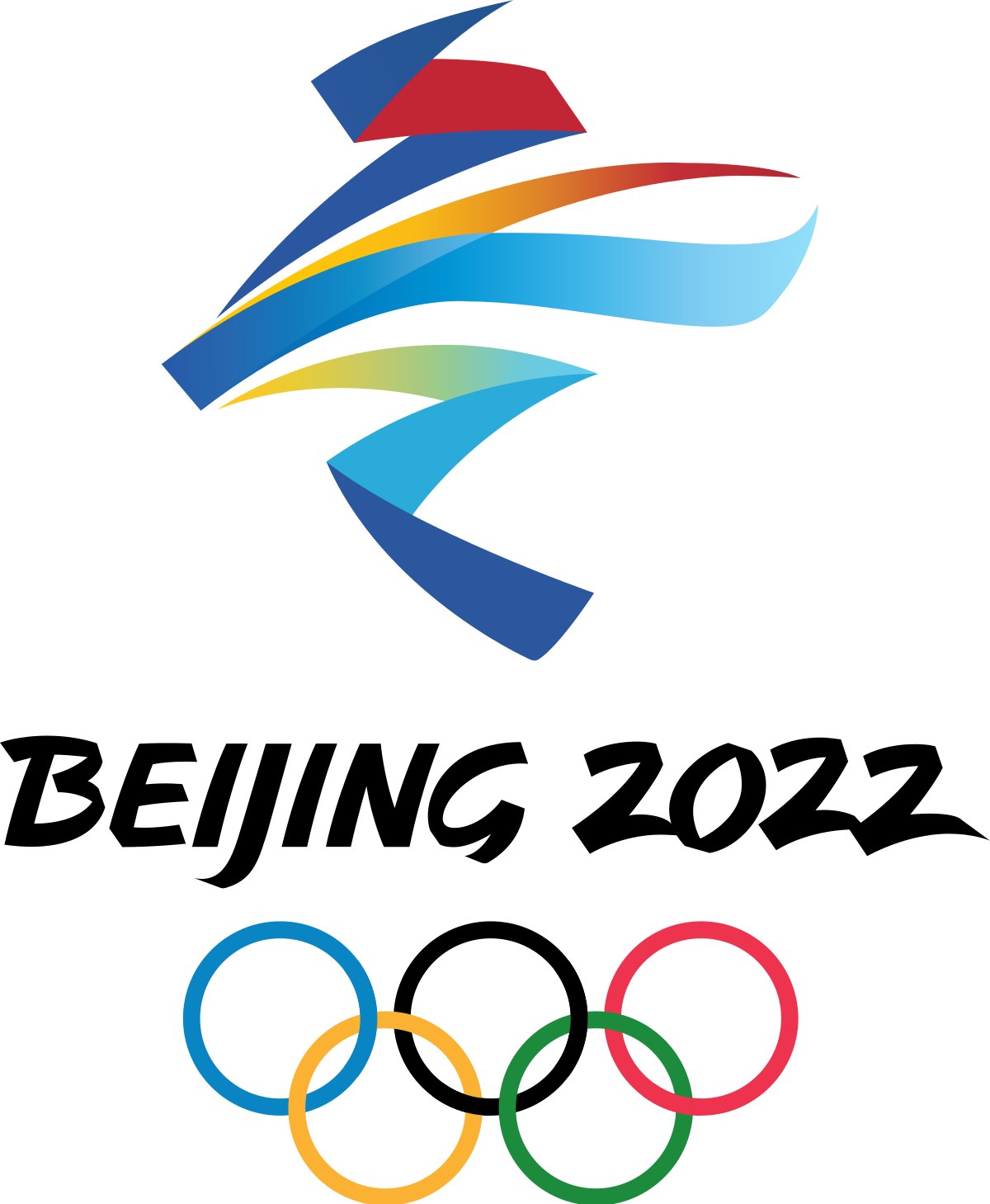
Having won the bid for the 2022 Olympic Winter Games, Beijing was set to become the first city in the world to have hosted both the summer and winter editions of the Olympic Games.
With a vision of “Joyful Rendezvous upon Pure Ice and Snow,” Beijing 2022 built on the legacies of the landmark Beijing 2008 Olympic Games and expects to encourage millions of people across China to embrace winter sports.
The 109 events in seven Olympic winter sports were held in February 2022 in the three competition zones of central Beijing, Yanqing and Zhangjiakou.
The ITA managed the entire anti-doping program for Beijing 2022, including the pre-Games activities.
Read More
Olympic Games
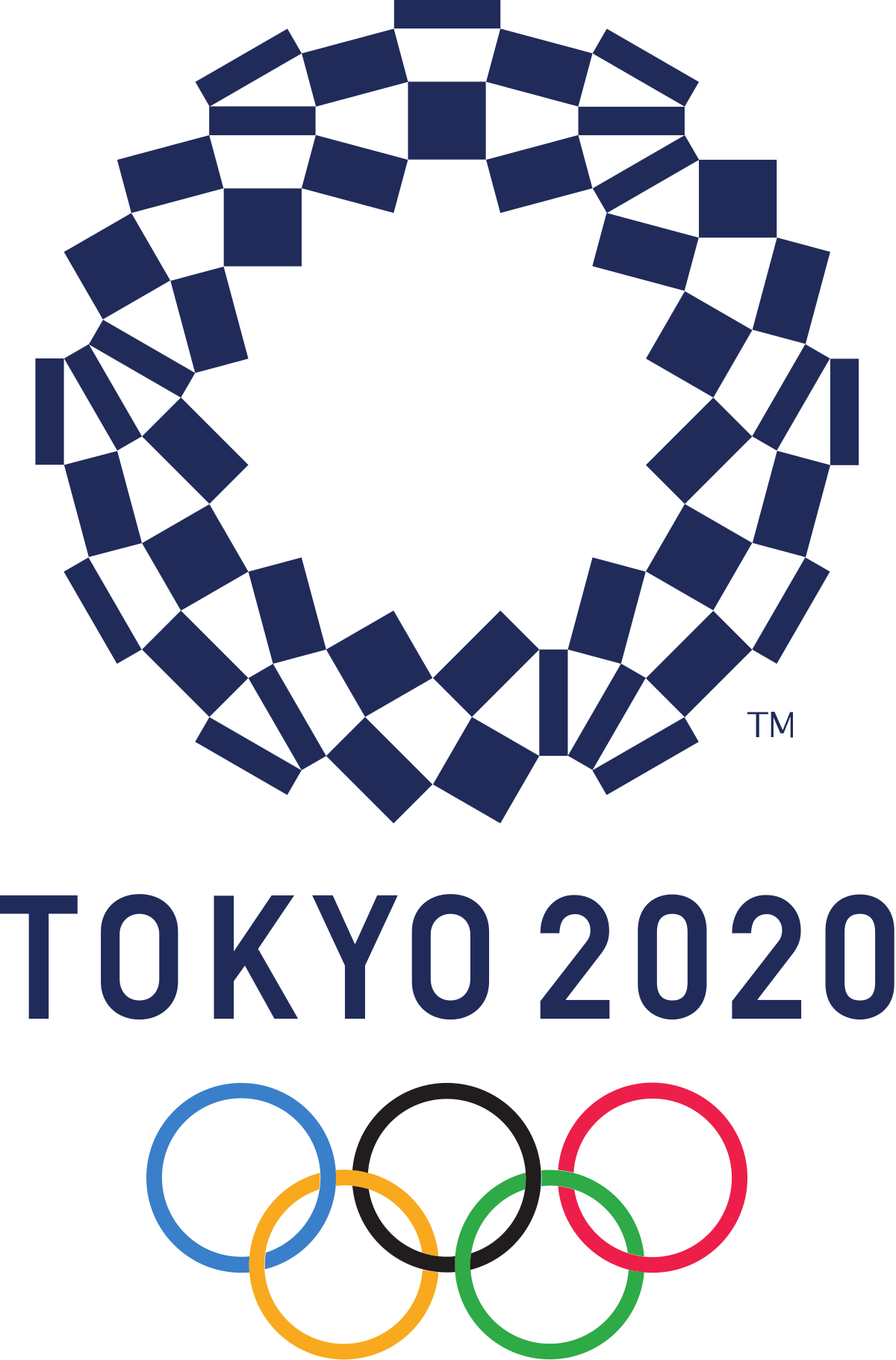
Fifty-eight years after having organised the Olympic Games, the Japanese capital have hosted a Summer edition for the second time. According to the organisers of the event in 2021, the Games of the XXXII Olympiad of the modern era were planned to be “the most innovative ever organised, and will rest on three fundamental principles to transform the world: striving for your personal best (achieving your personal best); accepting one another (unity in diversity); and passing on a legacy for the future (connecting to tomorrow)”.
The Tokyo 2020 Olympic Games were held on 23 July 2021. The ITA manages the entire anti-doping program for Tokyo 2020, including all pre-Games activities.
Read More
Winter Youth Olympic Games
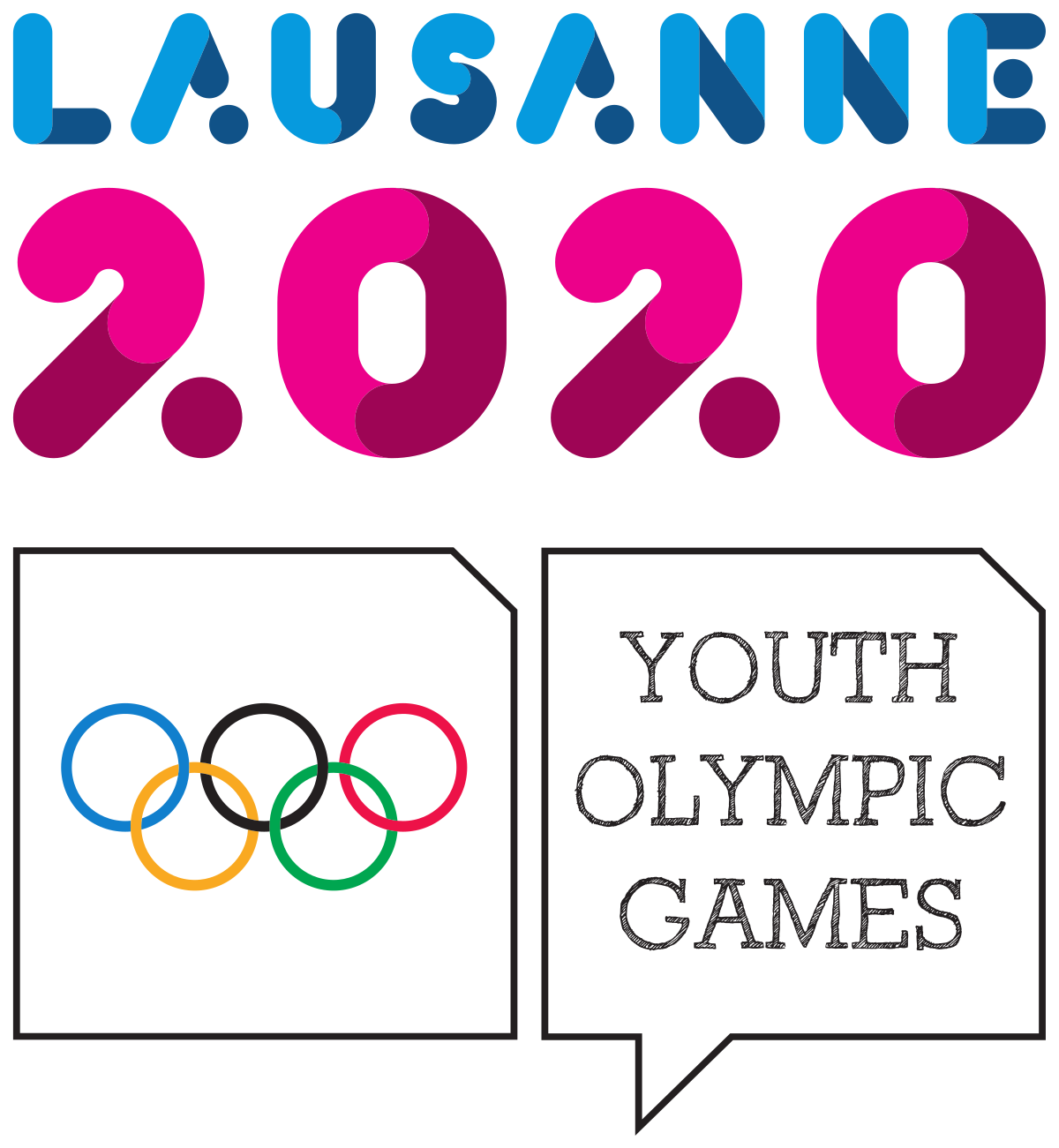
In 2020, Lausanne and Switzerland captured this special Olympic heritage, and with their strong international sports expertise and capacity to innovate, redefined it and updated it with the youth of the world to provide the next generation with a brand new and refreshed ownership of the Olympic values.
The event took place in and around Lausanne, on the shores of Lake Geneva, and in the nearby Vaud Alps. The Youth Olympic Village was located in the heart of the city’s 35,000 student university campus.
The ITA managed the entire Lausanne 2020 anti-doping program and offered an interactive clean sport workshop to the young athletes.
Read More
Youth Olympic Games
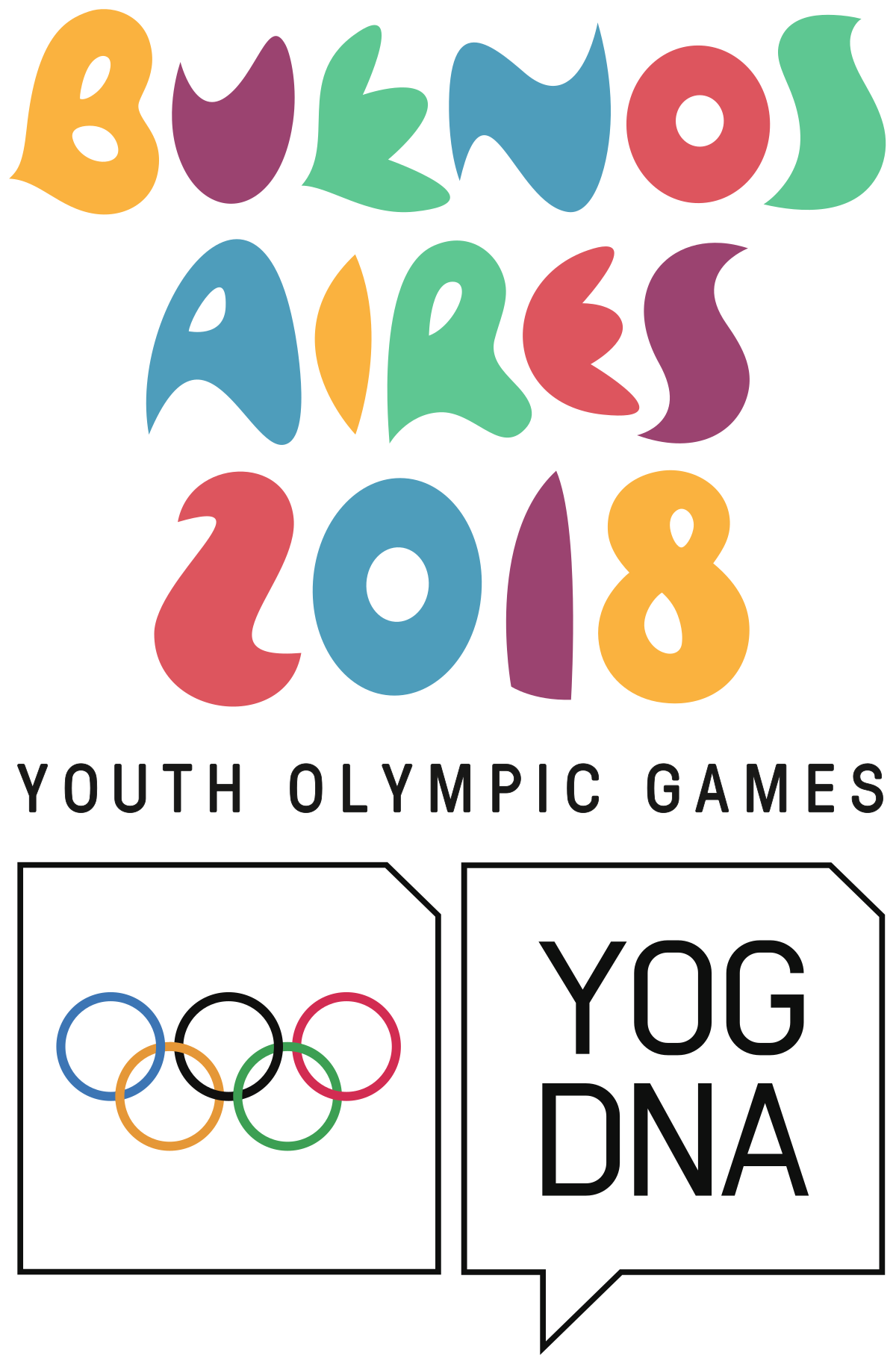
According to its Organising Committee, the Buenos Aires 2018 Youth Olympic Games was set up to be a catalyst for urban and social development in the city. The main focus was on the southern area of the city, where the Youth Olympic Village was built as well as the venues where most of the sports competitions will took place.
The objective was to leave an actual mark and legacy before, during, and after the Games, bringing sports closer to the people and carrying out activities that promoted culture and education, in addition to boosting urban development through the infrastructure works that were carried out in the City.
The ITA managed the anti-doping program for Buenos Aires 2018.
Read More
Olympic Winter Games
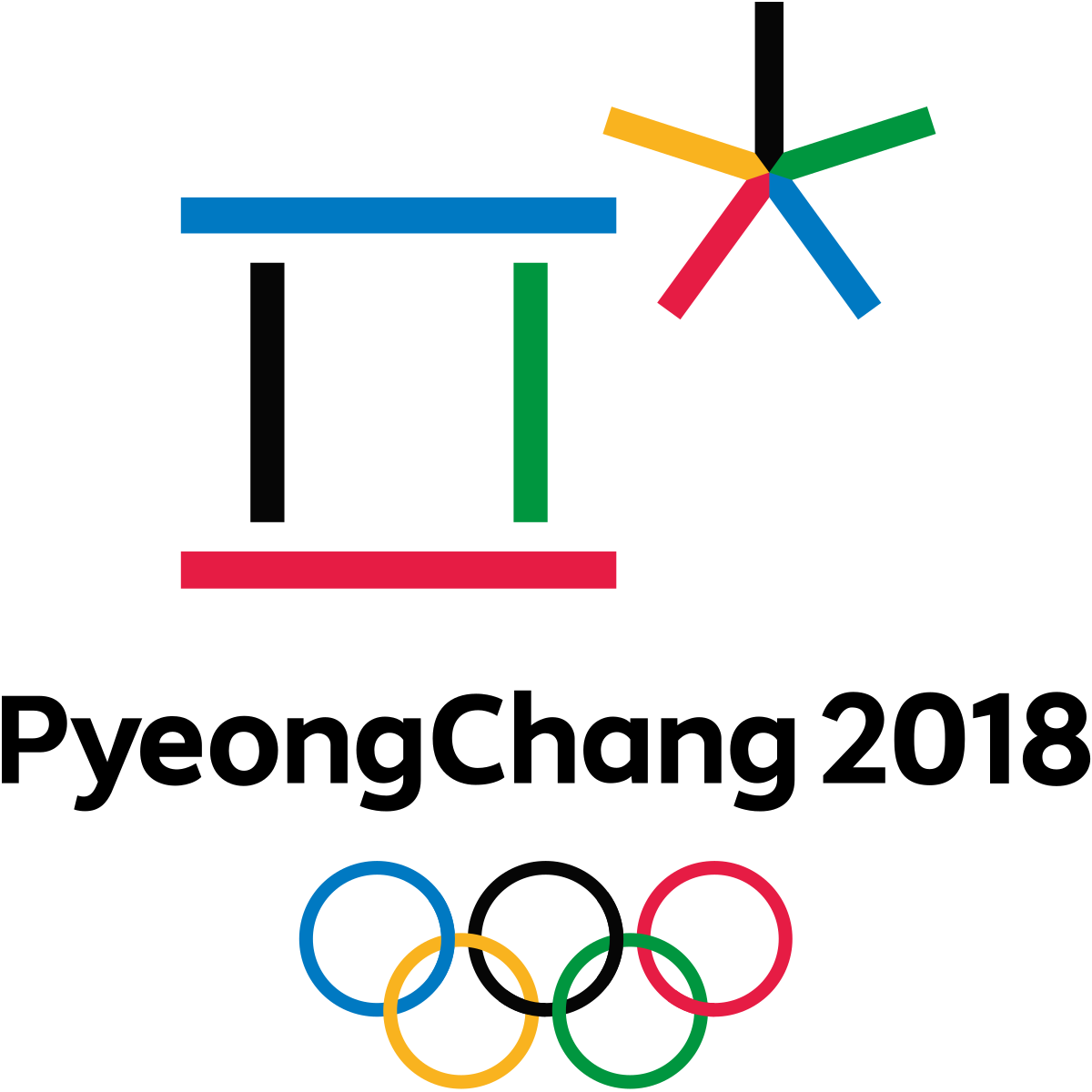
PyeongChang 2018’s vision for the 2018 Games was to offer the Olympic Movement and the world of winter sports New Horizons – a legacy of new growth and new potential never seen before. Its Winter Games plan was one of the most compact in Olympic history, it offered a unique stage on which the world’s best athletes could achieve superior performances. With PyeongChang’s strategic position in Asia, and its access to a young and fast growing youth market, the 2018 Olympic Winter Games exposed new generations of potential athletes to the power of winter sport.
The ITA, back then still organised as the DFSU, managed the entire anti-doping program for PyeongChang 2018.
Read More
Olympic Winter Games
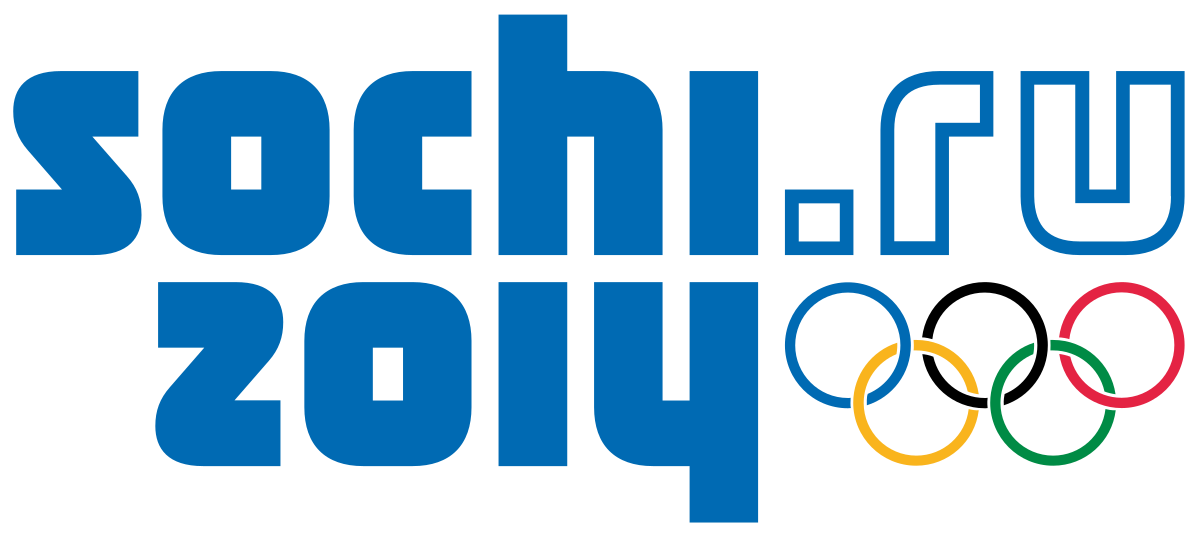
The 2014 Olympic Winter Games were the first time that the Russian Federation hosts the Winter Games; the Soviet Union hosted the 1980 Summer Games in Moscow. The host city Sochi has a population of 400,000 people and is situated in Krasnodar, which is the third largest region in Russia.
The Games were organised in two clusters: a coastal cluster for ice events in Sochi, and a mountain cluster located in the Krasnaya Polyana Mountains. This made it one of the most compact Games ever, with around 30 minutes travel time from the coastal to mountain cluster.
The ITA is currently implementing a re-analysis program for Sochi 2014
Read More
Olympic Games
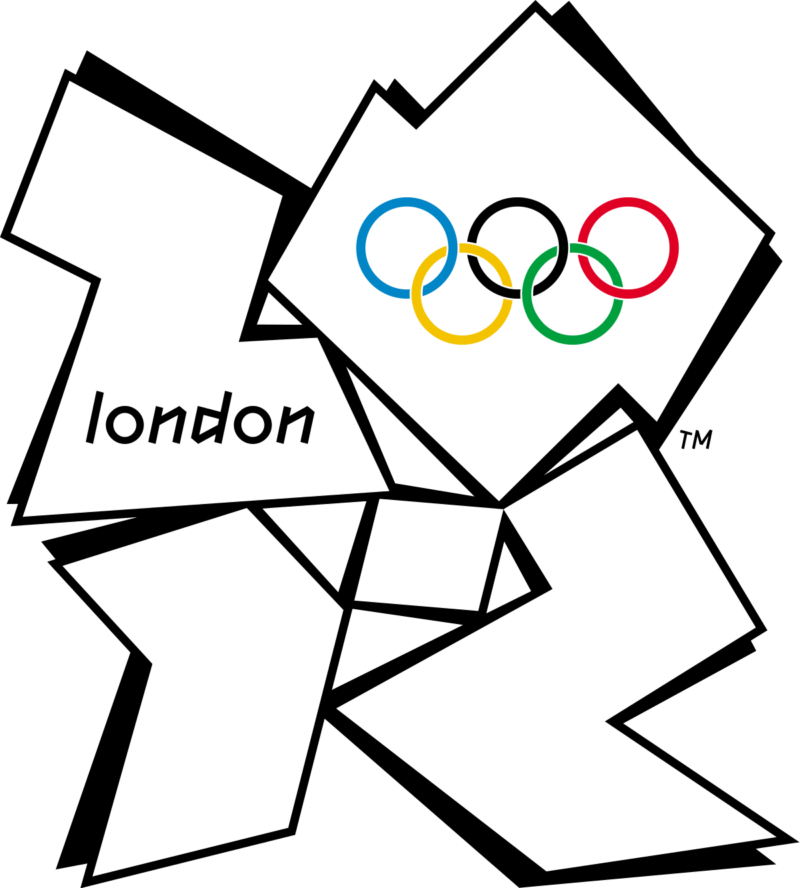
The London 2012 Games brought together more than 14,000 athletes from 205 countries. The event was centred around the Olympic Park in east London, which is the site of a number of new sports venues. Up to 180,000 spectators a day entered the Park to enjoy the Games, making it the principal focus of Olympic activity.
The London 2012 Games included a four-year Cultural Olympiad. It reached a climax with the Olympic Games Opening Ceremony on 27 July 2012, starting a 60-day festival of sport and culture across the UK, as the Olympic and Paralympic spirit crosses the world once again.
The ITA was responsible for finalising the London 2012 re-analysis program.
Read More












11 February 2022





16 December 2021

19 November 2021




8 January 2020

17 December 2019

